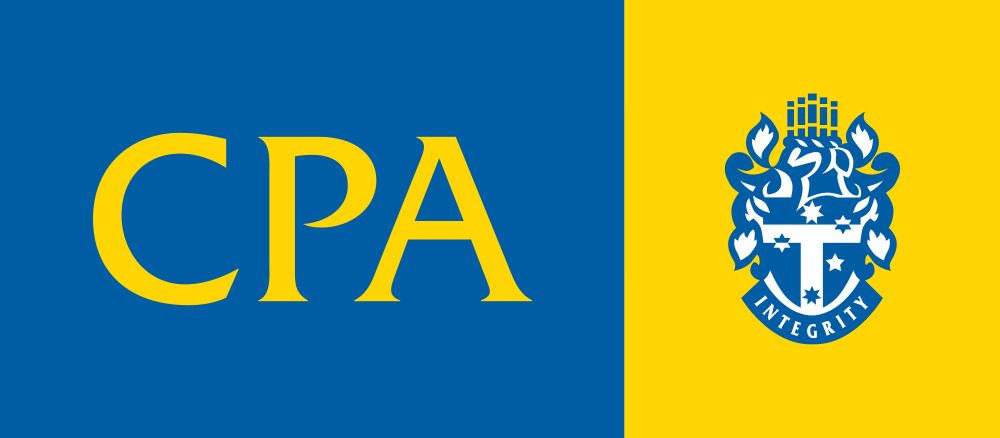Phone: 08 9842 5155
Federal Budget Summary 2021-22
Summary and Key announcements
Whilst the 2021-22 budget announced on 11 May didn't contain any groundbreaking initiatives, it did serve to extend certain personal and business tax initiatives and streamline other areas.
Of all the budget measures that have been announced, the two that will be of interest to the vast majority of individuals and business owners will be the extension of the Low and Middle Income Tax Offset (LMITO) until the end of the 2022 financial year, and the extension of the Instant Asset Write-Off Provisions and Loss Carry Back Provisions until the 2023 financial year.
Another notable change that will impact many businesses will be the removal of the $450 minimum threshold for Superannuation Guarantee contributions. For businesses that employ casual or part time employees this will be very relevant. This change still requires royal assent so doesn't yet have a definitive commencement date - however it is widely expected to be in place commencing 1 July 2022.
Whilst on Superannuation, it is worth mentioning that the superannuation guarantee increase from 9.5% to 10% is still in place from 1 July 2021 and has not been deferred, so employers will need to pay careful attention to the first pay runs in July to ensure that the payroll software is calculating this correctly – particularly those that aren't on cloud based systems.
The budget measures are further discussed below.
Individuals
LMITO – the Low and Middle Income Tax Offset has been extended until the end of the 2022 financial year, which provides for an offset of up to $1,080 ($2,160 for a couple). The offset begins to phase out once taxable income hits $90,000 and is Nil once taxable income exceeds $126,000.
Medicare Levy increases - The income thresholds have received minor increases to assist singles, families, seniors and pensioners.
Self education expenses - The Government is removing the exclusion of the first $250 of deductions for prescribed courses of education. This change alleviates some time and effort in calculating non-deductible expenses in order to offset the $250 exclusion – with a view to reducing the compliance costs. This won't be in effect for the 2021 income year, as it will commence from the first income year after the date of Royal Assent.
Tax Residency simplification - In what will be welcome news to many, the current individual tax residency rules will be replaced with more simplified residency tests, in order to provide a framework that will reduce compliance costs and provide more certainty to taxpayers. The new test will be referred to as a 'Bright line test', meaning where a person is physically present in Australia for 183 days or more in any income year they will be deemed an Australia tax resident. An additional test will be provided with other measurable criteria if required. These changes will apply from 1 July following Royal Assent.
Business
Temporary full expensing - Instant asset write off. The Government is extending the temporary full expensing measure for 12 months and it will now be available until 30 June 2023. The measure allows eligible businesses to deduct the full cost of eligible depreciable assets of any value acquired on 6 October 2020 and first used or installed ready for use by 20 June 2023. Note, for anyone looking at accessing this for the 2021 income year, the assets acquired need to be delivered and ready for use prior to 30 June 2021 in order to be claimed in the 2021 income tax return.
Temporary loss carry backs - Temporary loss carry-back will also be extended by one year until 30 June 2023. This will allow eligible companies to carry back tax losses from the 2022-23 income year as far back as the 2018-19 income year. This will help increase cash flow for businesses in future years and support companies that were profitable and paying tax but find themselves in a loss position as a result of the COVID-19 pandemic.
Tax relief for brewers and distillers - The Government has increased the Excise Refund Scheme cap from $100,000 to $350,000. Commencing 1 July 2021, small (eligible) brewers and distillers will receive a full remission (increased from 60%) of any excise they pay on alcohol produced up to the cap of $350,000. This is designed to align with the benefits available to wine producers (Wine Equalisation Tax Producer Rebate).
Corporate tax residency rules – The Government has announced amendments with regards to the corporate residency test, for companies that were incorporated offshore. The Government is also consulting on tests for trusts and corporate limited partnerships.
Digital economy strategy - In order to further align the tax treatment of intangible assets to tangible assets, the Government will allow taxpayers to self-assess the effective life of certain depreciating intangible assets for tax purposes. This will apply to patents, registered designs, copyrights, in-house software, licenses and telecommunications site access rights. This will take effect from 1 July 2023.
Superannuation
Superannuation guarantee - The rate will increase to 10% as is currently legislation from 1 July 2021 – so no change here and won't be deferred.
Minimum threshold - The Government will remove the $450 per month minimum threshold – where currently employees do not have to be paid superannuation guarantee by their employer if they earn under this amount. This will take effect from the first income year after Royal Assent of enabling legislation.
Work test - The Government has announced that the work test will be abolished for those aged 67-74 who wish to make non-concessional and salary sacrifice contributions. Personal deductible (concessional) contributions still require the work test. These changes will apply from 1 July following Royal Assent, and it is expected this will be 1 July 2022.
Downsizer contribution - the age requirement has been reduced from 65 to 60. The downsizer contribution allows eligible individuals to make a one off, post-tax contribution to their superannuation of up to $300,000 per person from the proceeds of selling their home. These changes will apply from 1 July following Royal Assent.
Residency - The Government has announced more relaxed residency requirements for self-managed superannuation funds (SMSF's) and small APRA-regulated funds (SAF's). Importantly these changes will allow members to contribute to their SMSF whilst temporarily overseas for work or education – as the central management and control test has been extended from 2 years to 5, and the active membership test has been removed. These changes will apply from 1 July following Royal Assent.
This article provided a brief overview of each of these measures, if you wish to discuss these or your personal circumstances in more detail please get in touch.
Contact Us
Office Location
234 Stirling Tce
Albany, WA 6330
Australia
Postal Address
PO Box 5445
Albany, WA 6332
Australia
Secure Client Login
CPA Australia
 Partner Logo Name
Partner Logo Name
We're proudly partnered with...
 Partner Logo Name
Partner Logo Name
 Partner Logo Name
Partner Logo Name
 Partner Logo Name
Partner Logo Name
